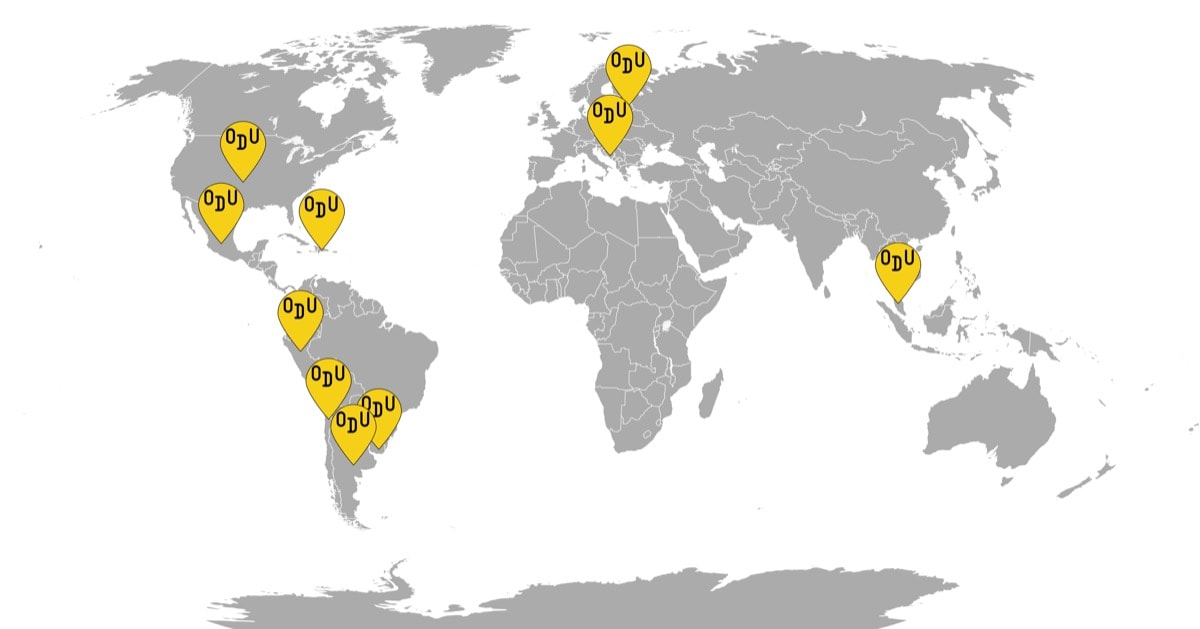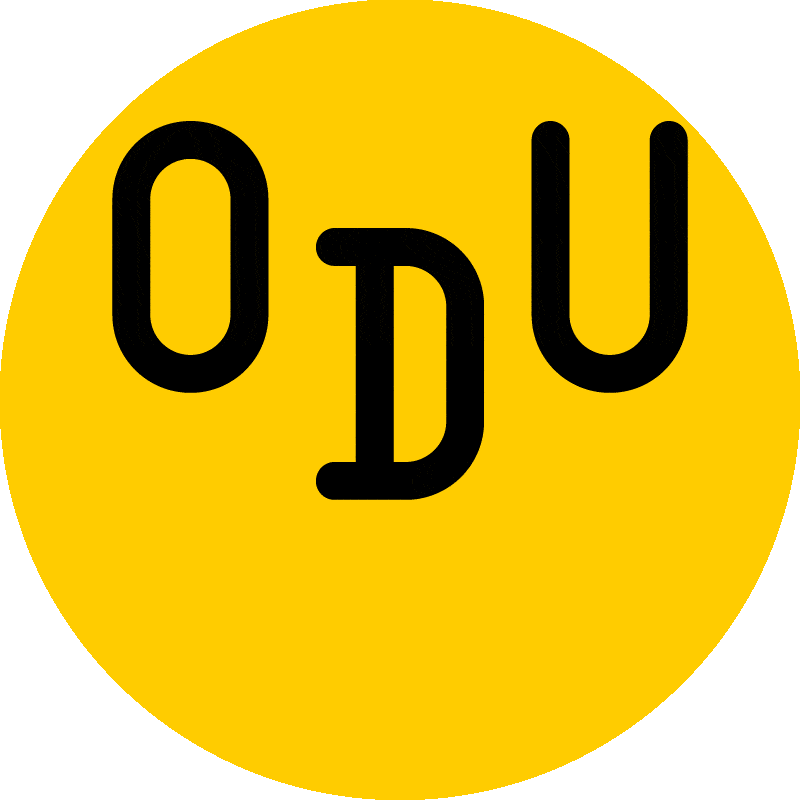Supamodu keeps protesting with Black Lives Matter.
And while we’re imagining a better world that can be achieved through equality and dismantling the oppressive systems, we also recall the world we saw when we could travel physically.
To be honest, the most desirable destination right now is Seattle’s Capital Hill Autonomous Zone.
We’re waiting to know more about the organizing efforts on the ground, labor opportunities, and more concrete stuff, but their art program already seems to be like something we could get behind.
Watching “Paris Is Burning” and listening to a flute player before bedtime? Yes, please.
But as we root for CHAZ and wait for more encouraging news from Seattle, let us explore some stories of crazy travels of which Supamodu has recently written.
Here is the itinerary:

There’s no better way to explore the world than through its sounds, and you know well that we’re big fans of musical ethnography, but only when it’s done inclusively and respectfully. Juan Wauters, an indie musician born in Uruguay and living in Queens, recently let us explore Central & South Americas through his collaborations with local musicians and adaptation of the regions’ best soundings. The album, “La Onda de Juan Pablo” is dreamy, but as all folk music, it’s also inextricable from the people’s struggles and even offers a worker’s hymn that would be a perfect fit for storming some government building—or even a castle.
FROM URUGUAY, USA, ARGENTINA, CHILE, MEXICO, PERU and PUERTO RICO:
The Bard of Simplicity Travels the Americas—Juan Wauters, ‘La Onda de Juan Pablo,’ 2019
Montevideo-born Queens-based artist takes his incomparable aesthetic for a spin in his native region, creating an album of enlightened simplicity with musicians scouted in Central & South America
As if we ever needed reminders of how much havoc capitalism wrought in the 20th century, “My Father the Banker” is an excellent primer on the so-called “Wild West capitalism” that swept Eastern European countries after the fall of Soviet Union. It’s also a fascinating and very personal story about a woman who has to go to an asylum in Malaysia to find out whether an older man in distress is indeed her estranged father. Now that’s not exactly a trip we wish we could have taken, but we were there along with director Ieva Ozoliņa for the ride.
A daughter’s search for her father who disappeared without a trace after enjoying a high roller life in the 90s becomes a window into the bizarre landscape of post-Soviet Latvia

Quite recently, we managed to travel to Bosnia while watching Dubioza Kolektiv’s Quarantine shows on YouTube. The name of their latest album, “#fakenews,” is timely as ever, as propaganda keeps overflowing real news from Seattle and the protests. Meanwhile, Dubioza Kolektiv themselves know a thing or two about setting up the righteous fire under the asses of those protesting: just look at this impressive Bosnian baba get her freak on to DK’s Balkan ska at an eco-protest against the building of a dam in beautiful Neretvica.
A Bosnian band with firm positions on civil rights and intellectual property and a fluid approach to genre has a song for every political issue you may care about
Have you noticed that whenever there is an occupy movement, or an autonomous zone established, music, film, literature, and art are always used to make the place feel more like home?
To build connections, spark dialogues, and invite change.
And this is why we do what we do. Maybe it’s not a physical space, but we want to think of Supamodu as a sort of autonomous zone, where everyone is equal, voices are multiple, and diversity is not a corporate scramble but the reality.
And one day we’ll travel there physically. We don’t know how, we don’t know when, but it will happen.
Come along.
Hope you enjoy Supamodu and feel compelled to forward this email to your friends.
Thank you for being with us! 💛
— Katya Kazbek,
editor-in-chief













